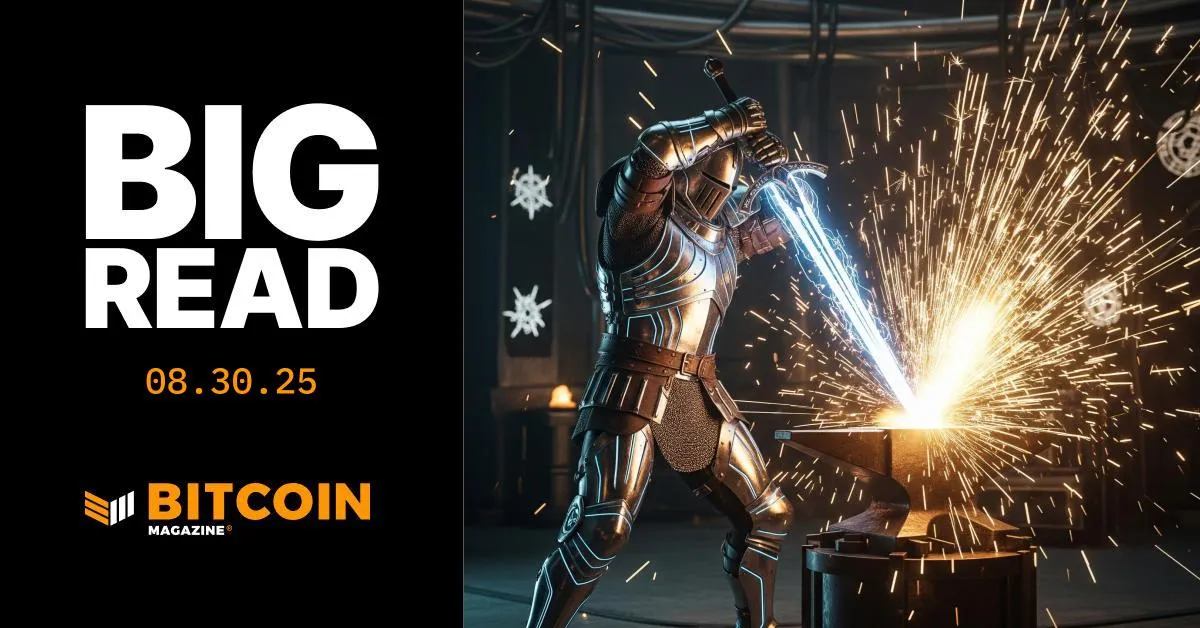
"A common refrain has emerged in the Bitcoin community: fix the money, fix the world. While there is every reason to be optimistic about Bitcoin's impact on society it is not enough to rely on lines of code to fix our world. Rather, in this essay on the ethics of immutability, I argue that fixing oneself is the true revolution, and in turn, collectively, as actors in this global network, we are the revolution of change."
"Bitcoin was designed to be decentralized, censorship-resistant, open source and unconfiscatable, qualities that set it apart from traditional banking and financial infrastructure. Bitcoin's architecture means that no central authority can arbitrarily seize funds or block transactions on the network. The transparent, permissionless nature of its code allows anyone to participate without needing approval from intermediaries or gatekeepers. It empowers individuals to transact and store value beyond the reach of censorship, monetary debasement and financial repression by governments and banks."
Bitcoin is designed to be decentralized, censorship-resistant, open source and unconfiscatable, enabling transactions and value storage beyond seizure, censorship, monetary debasement and financial repression. Its transparent, permissionless code allows anyone to participate without intermediaries. These attributes position Bitcoin as an instrument of freedom in the digital age and suggest potential for a global decentralized monetary network. Fixing oneself is asserted as the true revolution rather than relying solely on code; individual ethical transformation combined with collective action among network participants constitutes the effective revolution of change. Being a Bitcoiner requires more than holding bitcoin or running a node; beliefs must translate into practice.
Read at Bitcoin Magazine
Unable to calculate read time
Collection
[
|
...
]